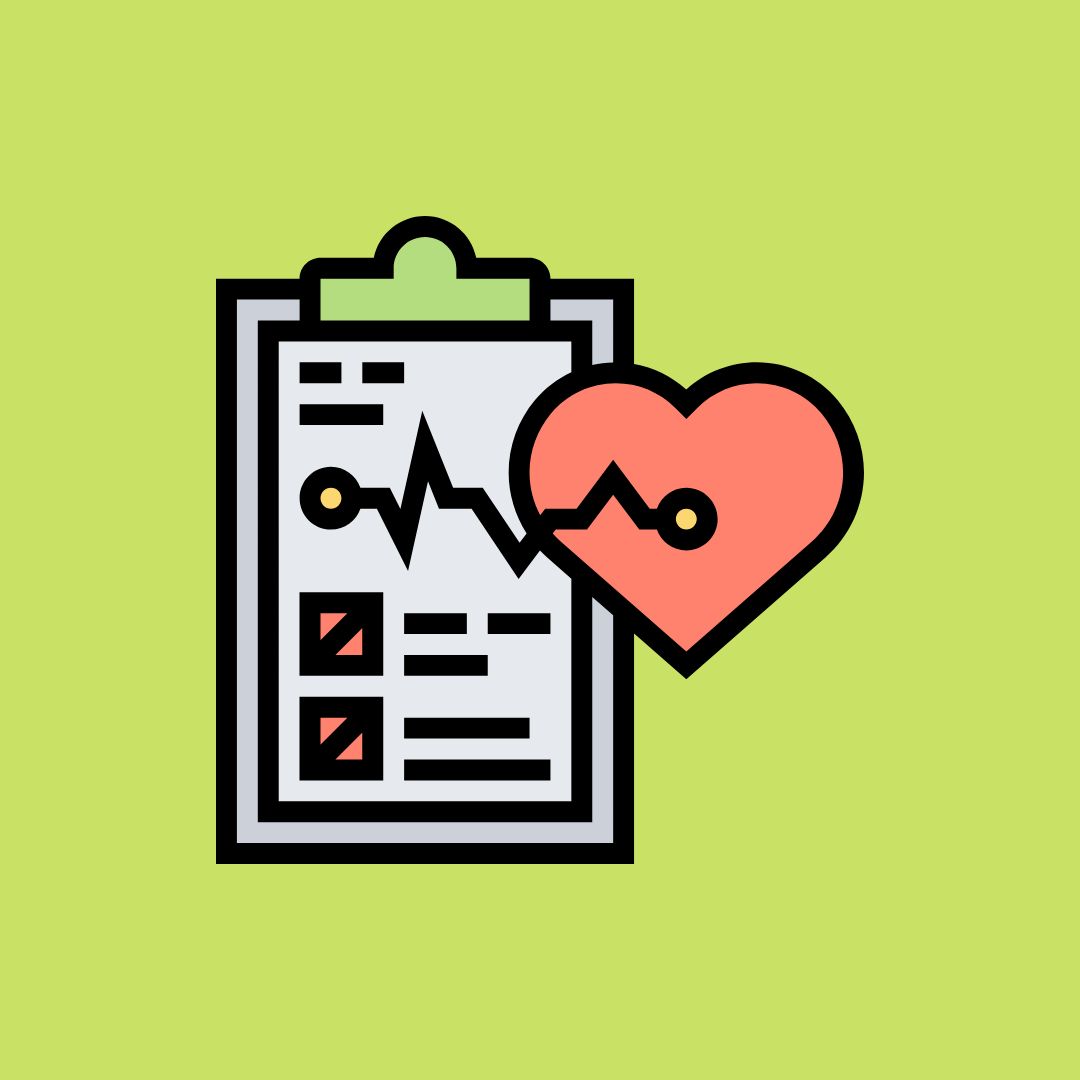
Damages following vaginal tear during labour
Medical treatment During the process of giving birth to her twin daughters, Mrs M sustained a 4th degree tear which caused bowel problems, pain on
News

Last year there were over 15,000 clinical negligence claims brought against the NHS with 86.7% of those claims leading to a successful settlement. So what exactly is required to prove medical negligence has occurred.
For a claim to be successful the patient or claimant on their behalf, must be able to prove the following:
Harm that is caused from a medical procedure is not always the result of negligence. That is why for a claim to be successful you have to prove that duty of care was breached and led to the harm caused.

Consent issues can be a different type of claim and one that is a bit simpler to prove. For any type of procedure or treatment consent will need to be obtained. Before the treatment or procedure a medical professional must let you know of all the risks involved.
Should any type of problem occur and you were not warned of the risk, you will be able to seek compensation providing you can prove they were negligent in gaining your consent.

Even though so many claims being brought against the NHS are successful, establishing the causation is not that straightforward.
The reason being is that you are often using a hypothetical scenario to prove the causation. You will often ask the question, what would have happened had there not been a breach of care? If the claimant was previously ill before the treatment, which can often be the case, it can add in difficulties in actually proving the causation of the clinical negligence.

There are a variety of tests that might be used to help prove clinical negligence has occurred. There are also many that test for the same thing but use different names.
Below are the main things a solicitor will test for to see if a claim can be brought forward:
All medical professionals are legally required to provide a duty of care where they can foresee the possibility the patient can come to harm through their actions or the omission of them. With this being the case, it is the easiest thing to test for and prove that they were medically negligent.
A duty of care is not only owed by your lead physician but by any medical practitioner who has taken over a part of your care.
When looking into whether the duty of care is breached, you map apply the Bolam test or ‘But For’ test. What will be looked at is whether the standard of care you received was sufficient enough for your needs.
The Bolam test and ‘But for’ test will look at what your medical practitioner did against what their peers would do in the same situation. This can be subjective in a way but a clinical negligence solicitor will seek to prove that the care you received is below that of a reasonably competent professional. This will be achieved through the use of an expert to support the claim.
The main component in finding the proof that clinical negligence has taken place is showing a link between the error and the injury.
In some cases this may be easy to do, the negligence may have been recorded in the clinical notes. This will often be the case for injuries that happen or are spotted immediately.
In other cases it may be obvious that a mistake or error has caused harm. This is most prevalent in surgical negligence when a surgeon cuts in the wrong areas, uses the wrong medication etc.
However, for the majority of cases these links are not so obvious or easy to find. Instead it takes a skilled solicitor to prove clinical negligence has occurred. They will find a link between the mistake and outcome and know when to seek expert opinion, who to seek out and how it should be put forward.
Call a member of our clinical negligence team about your claim
Contact a member of our clinical negligence team online


Medical treatment During the process of giving birth to her twin daughters, Mrs M sustained a 4th degree tear which caused bowel problems, pain on


What happened? Elan’s mother had a normal pregnancy but problems developed in labour. There was a failure by the medical staff looking after Elan’s mother
CL Medilaw © 2024